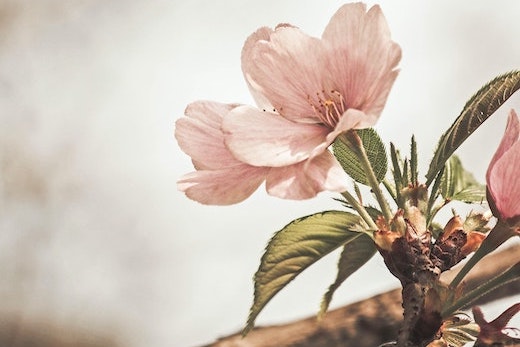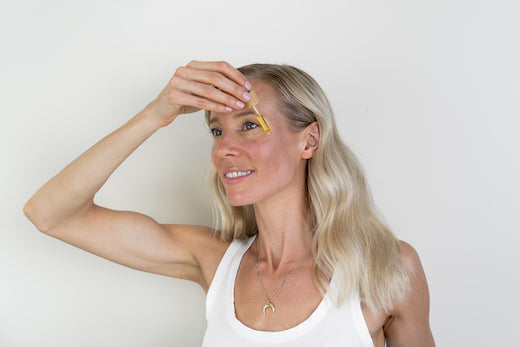A few weeks ago, my teacher in San Francisco mentioned she was headed to Cuba to study son, salsa, and Afro-Cuban folkloric dance. I was extremely jealous — I’d been was working feverishly on LXMI sales and Sama end-of-year donations and had gone to Europe twice in five days in order to close a funding round. My body was dead.
Which is why I decided to come here to Havana, where I’m writing this from a gnarled wooden table about fifteen feet from a guy singing Besame Mucho.
Dance, especially the kind that is rooted in indigenous traditions, has a profoundly restorative quality—maybe because it contains a physical, rhythmic language that evokes a part of our history that we’ve forgotten, when we lived closer to the land and to other humans.
As an entrepreneur, dance is a lifeline, a form of therapy that connects me to something so much bigger than my ego, my companies, or last week’s sales.
Over the last few days, I've studied with a Cuban folkloric troup, Ban Rarra, and had my mind blown. A typical lecture here includes instructions like, “son [the Cuban precursor to salsa dance] comes from the countryside, from our farmer ancestors, and it must be danced as if you are caressing the earth, full of sweetness.” (That’s a literal translation of what my instructor shared a few hours ago. This country is a goldmine.)
In Afro-Cuban folkloric dance, which emerged from Yoruba slaves who kept their West African traditions alive, we are taught to move our skirts as if they were undulating waves, bringing us into the domain of Yemanja, the Yoruba goddess of the sea.
Our classes are held on the stage of a decaying old theater in downtown Havana, with rotted floorboards—it would be easy to write off the place as squalid. Until you see the dancing. For a country of 11 million people, Cuba explodes with artistic talent. For the group of us studying here, dance is a kind of collective catharsis, led by masters of the craft.
We don’t let this kind of beauty invade our lives often enough. There is something to learn from places like this, where ancient rhythms guide modern life.
With love from Havana,
Leila




